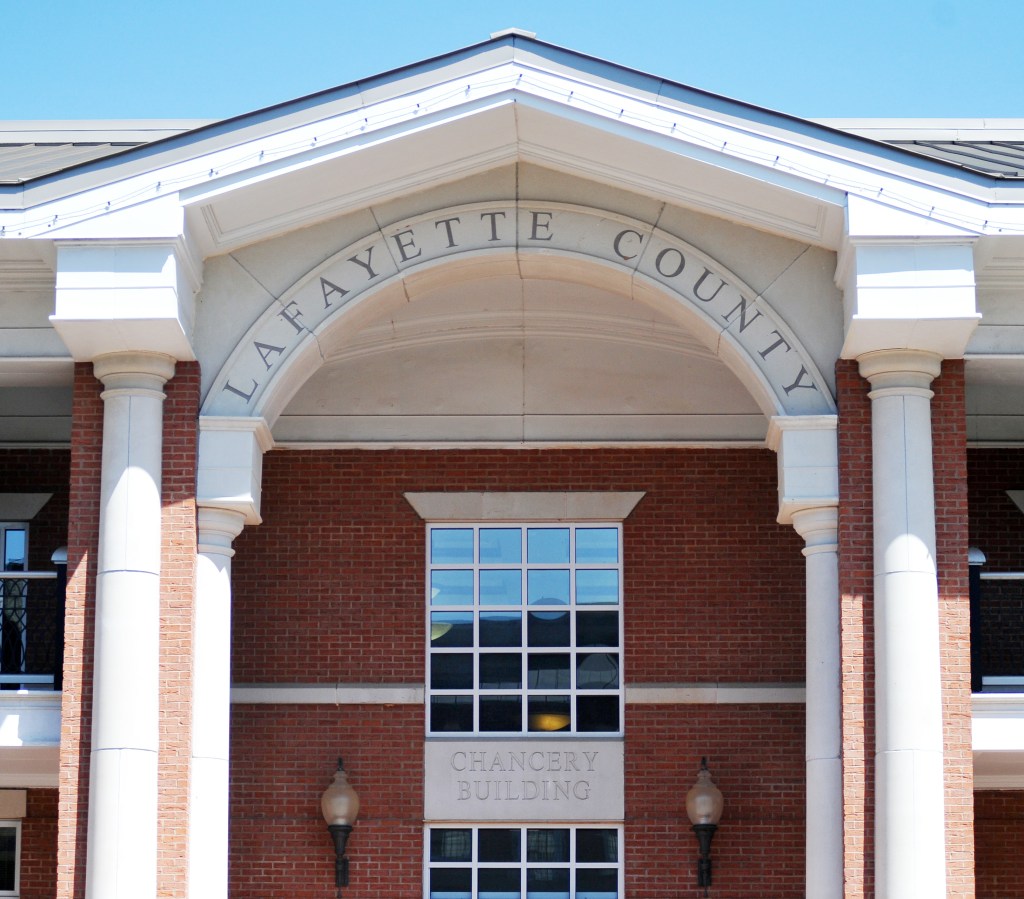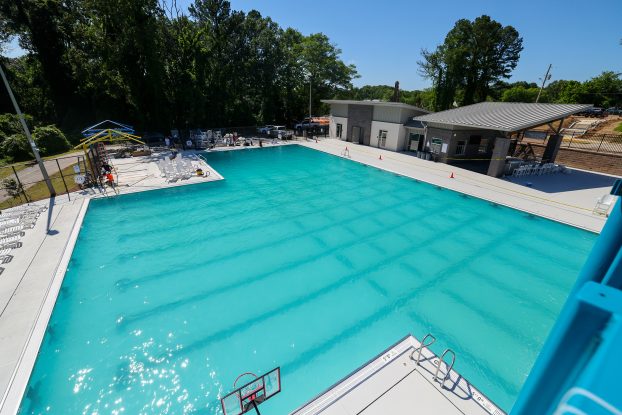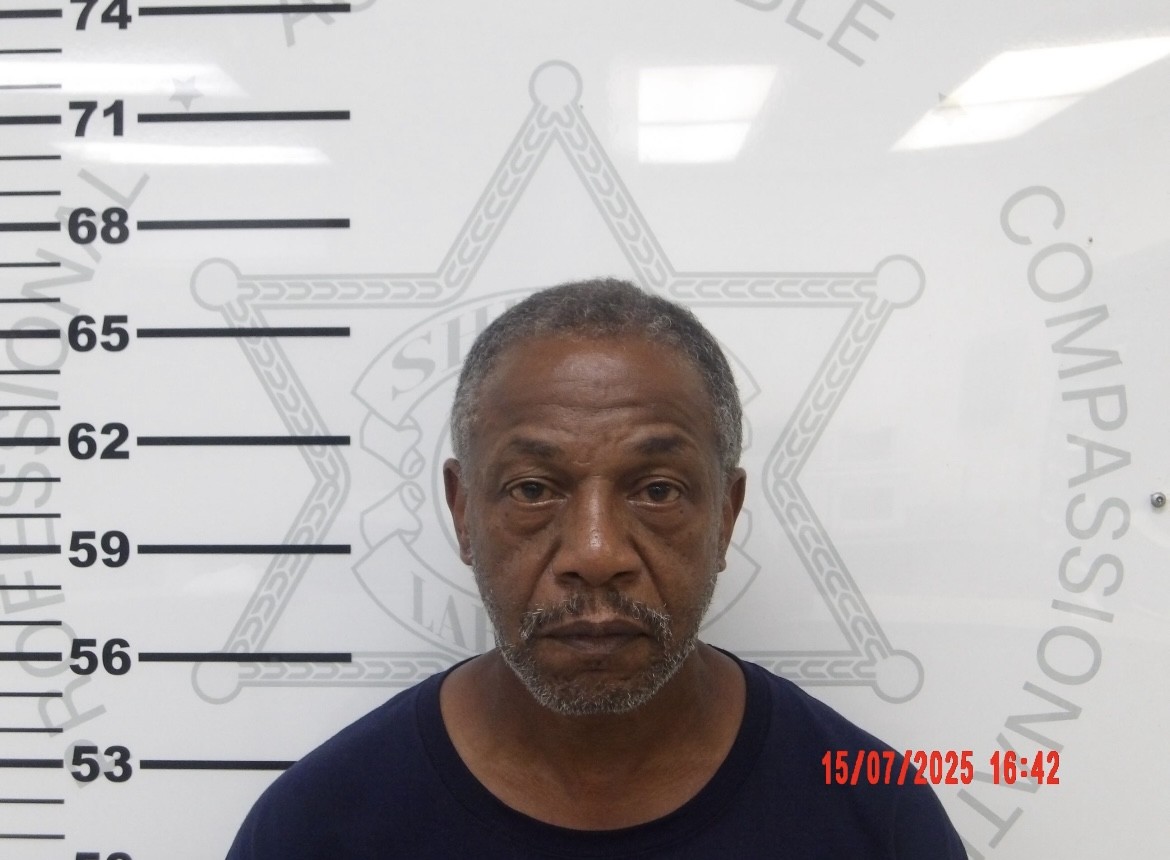Supervisors declare state of emergency due to last weekend’s rainstorms
Published 1:18 pm Wednesday, February 27, 2019
Following the rainstorms that drenched Lafayette County last weekend, the Lafayette County Board of Supervisors called an emergency meeting to declare a state of emergency.
The declaration was for all of the rain events over the past week, beginning at 5 a.m. on February 22.
Four of the five supervisors approved this, as well as a resolution requesting Governor Phil Bryant to proclaim a state of emergency. Chad McLarty and David Rikard called in to the meeting, while Kevin Frye was the only absent supervisor.
Trending
The board also discussed entering the area of the Audubon dam, which is private property, to repair the dam due to a threat to the area’s public health, safety and welfare.
However, the board wouldn’t completely repair the dam. It would just authorize to fix the dam to a point where it was at a safe level and not at an immediate threat of collapse.
“What technically happened, was the top probably got overrun, couldn’t handle the water, started swirling and swirled out a hole in the dam,” county engineer Larry Britt said of the dam.
Supervisors, and Board President, Jeff Busby clarified no homes were in danger due to the weakening of the dam. Instead, a lift sewage station was in danger of washing out should the dam collapse.
Should the dam collapse, it would have washed out the lift station, which is responsible for transporting sewage to different stations when one sewage line is lower than another.
This would have sent sewage running into surrounding areas.
Trending
The board needed to declare an emergency to repair the dam, as county workers aren’t permitted to enter a private property.
It was also determined that it would be somewhat of an easy fix, as County Assistant Road Manager Jon Coleman said he could fix the dam in about five hours with a bulldozer.
The supervisors also briefly discussed how much it would cost to repair the damn, but Supervisor Mike Roberts firmly stopped the discussion, saying this was for an emergency situation and that payments would be figured out later.
“You’re doing it for an emergency right now, to go ahead and protect the folks downstream,” Roberts said. “Whether they pay or not is really irregardless to me at this point. We’re trying to do emergency procedure.”






